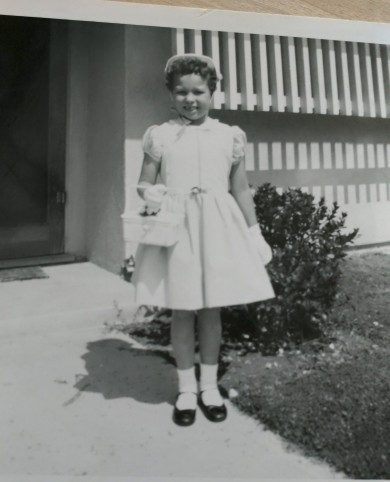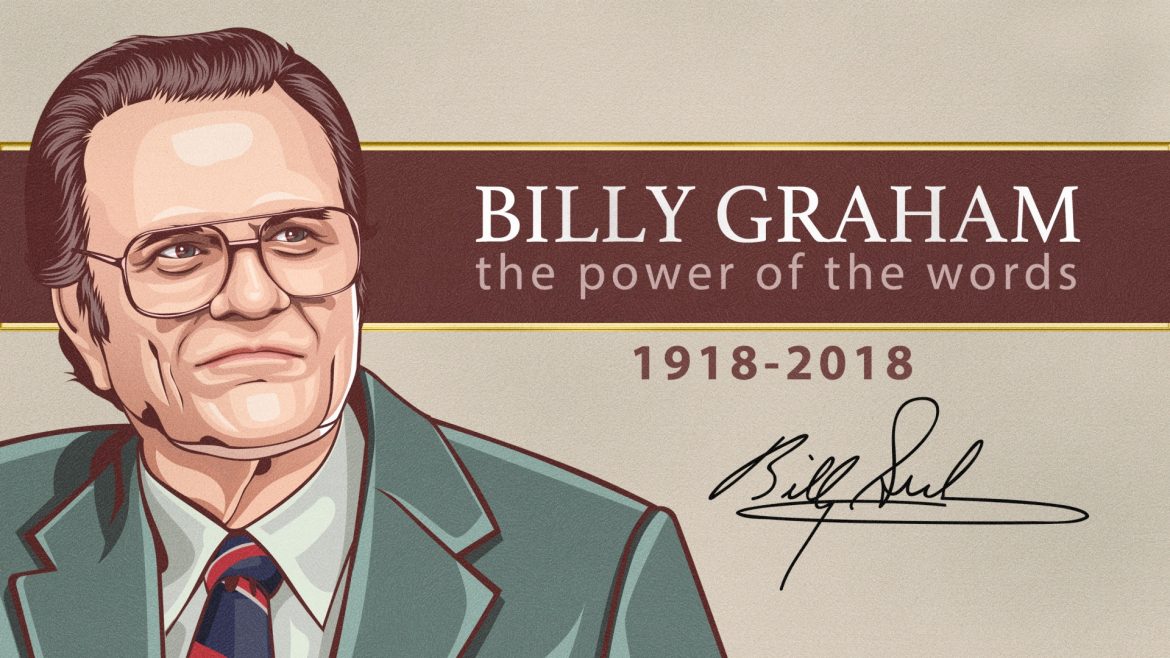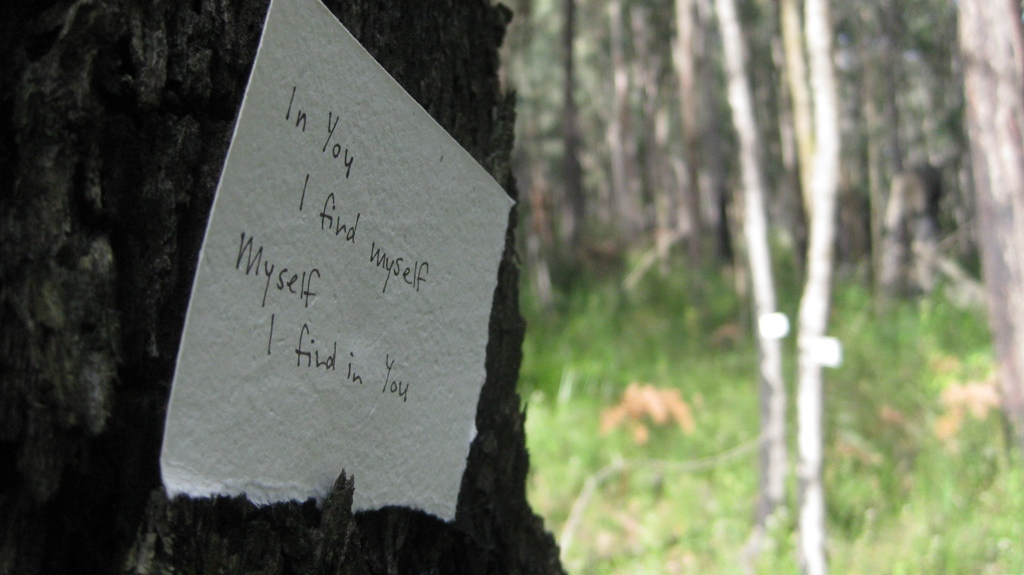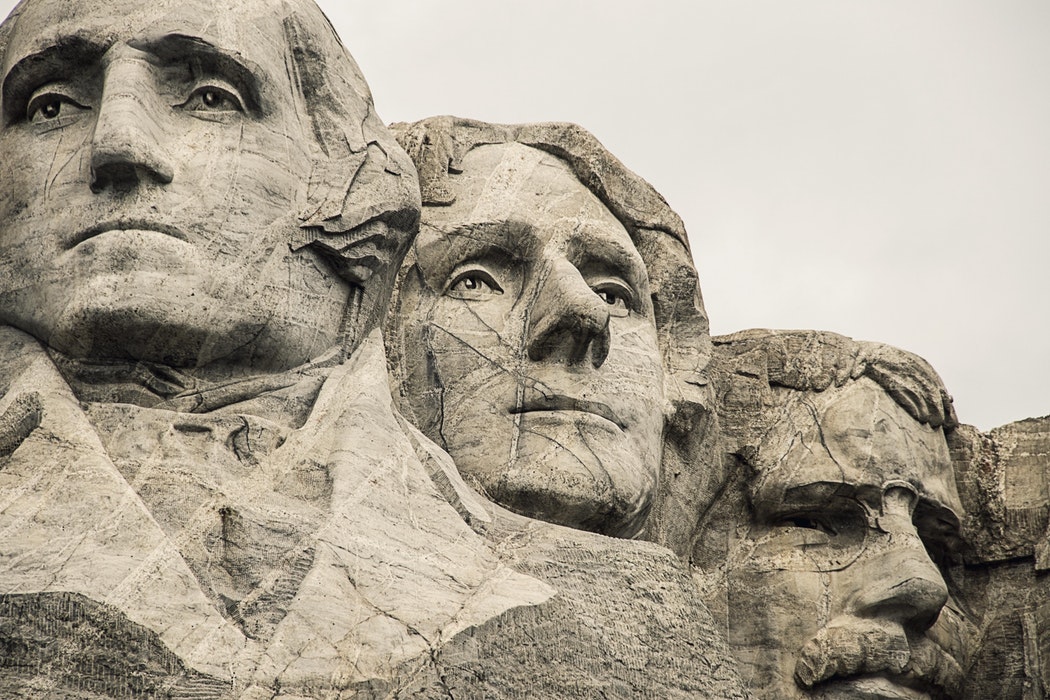by Lilly Lewin
For Lent this year, our thinplaceNASHVILLE community is reading Sabbath as Reisistance: Saying No to the Culture of Now by Walter Brueggemann. My husband Rob and I read this book together while on vacation last summer, and it’s perhaps the most important book we’ve read in five years. And it’s only 89 pages! Walter Brueggemann is an Old Testament scholar who invites us to look at the Exodus story and the workaholic nature of Pharaoh in contrast to the radical gift of Sabbath rest that is given to us by God.
The new edition of the book comes with a study guide included, but to get you started on your Sabbath practice, here are the questions we used for our journaling time on Sunday. Take some time this weekend to journal these questions yourself. But more importantly, actually pause, rest and practice Sabbath.
- When you hear the word Sabbath, what things come to mind? Positives? Negatives?
- How much of your self worth is based on Work, or your performance?
- What is the difference between Restlessness and Restfulness?
- How can the Gift of Sabbath give you the margin you need to LOVE others?
- If you actually planned a Sabbath day with God, what would that day look like? What would you delete from your day, what would you add?
- Read the verses below: How do you feel about them? How does it feel to have a God who values REST? To have a God who actually RESTS?
Matthew 11:29-30 New International Version (NIV)
Take my yoke upon you and learn from me, for I am gentle and humble in heart, and you will find rest for your souls. For my yoke is easy and my burden is light.”
Matthew 11:29-30 The Message (MSG)
“Are you tired? Worn out? Burned out on religion? Come to me. Get away with me and you’ll recover your life. I’ll show you how to take a real rest. Walk with me and work with me—watch how I do it. Learn the unforced rhythms of grace. I won’t lay anything heavy or ill-fitting on you. Keep company with me and you’ll learn to live freely and lightly.”
Genesis 2: 1-2 Thus the heavens and the earth were completed in all their vast array.
By the seventh day God had finished the work he had been doing; so on the seventh day he rested from all his work. Then God blessed the seventh day and made it holy, because on it he rested from all the work of creating that he had done.
If you are looking for a book to challenge and encourage you this Lenten season, or you just want to learn more about the practice and gift of Sabbath rest, take time to read Sabbath as Resistance.
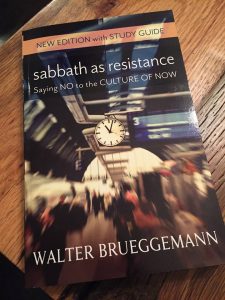
By Jody Lee Collins —
The city of New Orleans has a singular reputation for “laissez les bon temps rouler” (“let the good times roll”) no matter what time of year. During Mardi Gras, though, the celebrations take on an over-the-top frenzy that is hard to match. It is also somewhat hard to believe unless one is actually there in person to witness the city’s crazy times.
We lived in New Orleans in the 1970’s and saw this dress-up carnival cum Halloween celebration firsthand. Mardi Gras (French for ‘Fat Tuesday’) offers the citizens and umpty zillion of their best friends to dress up, dance and drink, throw candy and don beads. There are parades uptown, downtown, in the suburbs, everywhere.
I think I still have some beads (certainly none of the candy) from one of those parades. I also have snapshots of folks in the crowds during one bawdy celebration—I’ve never seen so many grown-ups in costume. In New Orleans many of the folks live for Mardi Gras, its year round preparation and presence synonymous with their fair, old city.
In theory, Mardi Gras (on February 13th) is a day to indulge one’s senses, for the next day—Ash Wednesday—is to be one marked by ashes and repentance.
Ash Wednesday begins the season of Lent, the forty days of prayer and fasting observed by many faith traditions. The juxtaposition of Valentine’s Day and Ash Wednesday is a bit of a conundrum this year since they fall on the same day. Lenten practices are intended to prepare our hearts for the celebration of Easter, but like the candy and costumes on Mardi Gras, the overwhelm of the world has overshadowed the meaning of Lent. All that Valentine’s candy doesn’t help.
When I was growing up, Easter Sunday meant See’s candy eggs and Easter baskets and new dresses, complete with hats and gloves. My siblings and I probably went to church for the occasion–obviously, look at these cute photos–but my memories of that holiday have much more to do with fashion, not my faith.
When I became a Christian in the 70’s, the reflective period of Lent was not included in our non-denominational worship. I missed out on those early church practices that take us from the darkness of Good Friday to the light and glory hallelujah of Easter. But it is good to remember that joyous Sunday comes at a cost—the death and burial of Jesus—on our behalf.
So, how are we to Lent? (I realize Lent is a noun, not a verb. I borrowed that from my friend Seth Haines.)
It is good for us to sit in the dark sometimes while we contemplate the light of Jesus that has come into the world. It is also good for us to contemplate our own dark places. Where have we let sin creep in? Those shortcuts we use to circumvent God’s work in our lives? I often fall into the trap of meeting my needs my way, attempting to satisfy God-breathed longings with works and ways of my own devising. I’m thankful when the Holy Spirit reminds me of that.
What else can we do?
Sitting in silence while we seek the Holy Spirit’s still, small voice and dedicate ourselves to listen is a first step. Be aware of God showing you what practices you can leave or lay down to turn your focus back to God. Fasting and prayer can also be part of the equation.
But fasting doesn’t have to be from physical food. Consider those soul-filling ‘foods’ that have taken the place of God’s presence. Is there something getting in the way of hearing Him? Fast from the noise of social media—my frequent nemesis. (My word for the year is ‘listen’, the same letters in the word ‘silent’, as a friend pointed out.)
Put down your phone and take a walk.
Go outside, sit on your deck, look out the window.
(Talking to myself here.)
Put off, lay aside, turn off–all are ways to deny our flesh, that Christianese phrase for fasting. But the beauty of fasting is the welcoming way those spiritual practices create space for God to to be the One who feeds us and fills us.
When Ash Wednesday and Valentine’s Day coincided (collided?) with each other last week, how about this? “…celebrate your love by committing to a season of intentional preparation for your Love of loves.” -Seth Haines
When you sign or send or see a paper or candy heart, think about giving your heart to God, wholly and completely. Just like He gave to us.
That’s how to live in the season of Lent.
by Christine Sine
Today one of my heroes died. Like many around the world I have been deeply impacted by the ministry of Billy Graham. I have not always agreed with him but that has not diminished his influence on my life. When I was a young Christian, he challenged me and many of my friends to take our faith more seriously. Not surprising in some ways. He preached to an estimated 215 million people in 185 countries around the world during his life, and his message reached millions more as he maintained a near-constant presence on radio, television and the internet. Not only did he counsel presidents, he was also a close friend of Dr Martin Luther King. Queen Elizabeth also counted him as a friend and would meet with him whenever he came to the U.K.
Now as he is welcomed into the loving arms of God my prayer is that his dedication and commitment will continue to inspire all of us that still walk this earth in the name of Jesus. May his passion for our Savior continue to guide us forward into truth and justice. May his love for God enrich our faith and increase our love and concern for this world in which we live.
By Mandy Smith —
“Once God got me on the bus he switched the sign on the front.”
It’s a flip way I sometimes joke about the pain of living out a decision I made 30 years ago, one I still don’t understand—the decision to follow God’s call to ministry.
My husband and I have always joked about getting married on April Fools’ Day. Since the decisions to marry and to serve in ministry together felt like one decision, we made our wedding and our ordination into one ceremony. Five minutes after we’d committed to a life together, the elders laid hands on us and we were already giving that new life away. Doubly fools
When I decided to marry I thought I knew what I was doing. I thought the marrying part was a way to commit to be forever with this person I already knew. What was actually happening was a commitment to spend the rest of my life learning about him. No one told me it’s the same with committing to a life in ministry.
Which is why I’ve come to love the way that epistemologist, Esther Lightcap Meek describes our commitment to what we do not yet know. “To pledge is to say ‘I do’ to the knowing venture . . . . Pledging your allegiance to what you do not yet know is enormously risky . . . . We pledge to take the risk to follow something that may prove not to be there, something that may prove to be way different from what we imagine. We accept the prospect that others might think us foolish—that we might prove to be foolish.” (A Little Manual for Knowing, p 27)
It’s easy to think God was cruel to switch the signs on the bus. But thirty years ago I could not have even imagined where I am now and what I’m doing now, much less be able to assent to it. Making “sensible” decisions means we expect—as the person we are before we even begin—to fully understand something we’ve never done before. What if the 2018 outcomes are beyond our 1990 comprehension? What if we have to take the first step before we can even imagine the second? So to make a commitment to follow God will always mean making decisions that look foolish to those who have not yet ventured into the commitment—including ourselves.
And although I still can’t explain how I got here or why, on the days I feel most foolish and confused, I ask myself, “What else would I do?” And as much as this path feels foolish, there is nothing else that makes any more sense.
And so, it’s with relief that I read Frederick Buechner’s reminder that, although I misread it, foolishness was the sign on my bus all along.
“The joke of it is that often it is the preacher who as steward of the wildest mystery of them all is the one who hangs back, prudent, cautious, hopelessly mature and wise to the last when no less than Saint Paul tells [her] to be a fool for Christ’s sake, no less than Christ tells [her] to be a child for [her] own and the kingdom’s sake.” (Telling the Truth, p 98.)
—————————————————————————————————————–
 Originally from Australia, Mandy Smith is lead pastor of University Christian Church, a campus and neighborhood congregation with its own fair-trade café in Cincinnati, Ohio. She is a regular contributor to Christianity Today publications and the Missio Alliance Blog and the author of The Vulnerable Pastor: How Human Limitations Empower Our Ministry. Mandy and her husband Jamie, a New Testament professor at Cincinnati Christian University, live with their two kids in a little house where the teapot is always warm.
Originally from Australia, Mandy Smith is lead pastor of University Christian Church, a campus and neighborhood congregation with its own fair-trade café in Cincinnati, Ohio. She is a regular contributor to Christianity Today publications and the Missio Alliance Blog and the author of The Vulnerable Pastor: How Human Limitations Empower Our Ministry. Mandy and her husband Jamie, a New Testament professor at Cincinnati Christian University, live with their two kids in a little house where the teapot is always warm.
By Talitha Fraser —
“Hang there, my verse, in witness of my love”
What words do we ever have to express our love well? This is said by Orlando as he puts a poem in tree, Act III Scene II of Shakespeare’s As You Like It. He is in the woods to escape from his brother who is trying to kill him and his love, Rosalind, is also there banished from Court and disguised as a man. As you’d expect – it is a play with comedy, tragedy and rife with misunderstandings. The poems, or love letters to Rosalind, are nonsensical, unflattering and rhyme poorly… they’re bad. They’re bad poems. That’s what makes them so funny. But for all that, they are endearing for being sincerely felt. Orlando doesn’t know whether Rosalind will ever find them and read them but there is something in him to say that cannot go unexpressed.
I can relate to that feeling. A longing to express something profound – a love I don’t have words for. What faltering words do I have to try and describe God or to worship God that hasn’t already been said before? What does it look like to love God, to be so consumed by a love of God that it spills over, and you struggle to shape mere words to describe a love so large… how might it look to say what you want to say without weighing its value but freely giving voice to your feelings and thoughts as they come?
I want to talk to God. I want to talk about the joy, the grief and the misunderstandings. I want to talk to God in poems and journals, prayers – silent and spoken, reading, walking, talking, storytelling… and via notes left in the trees for God to find. I took paper (biodegradable with native daisy seeds pressed in it), a pen and a prayerful walk in the woods. It felt like a foolish thing to do… and it felt wonderful. I cannot know if this was an offering that was pleasing to God but I hope it was endearing for being sincerely felt.
Romans 8:25-28 invites us to wait with patience for what we cannot see and trust the Spirit to intercede and translate on our behalf to make simple words profoundly meaningful to the God who loves us… to the God who’s listening…
“Hang there, my verse, in witness of my love” 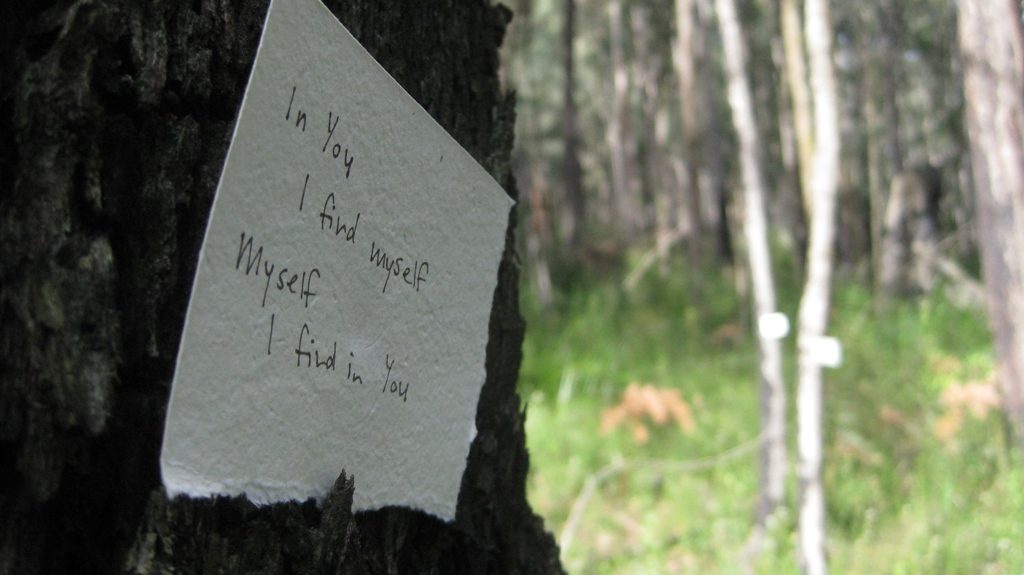
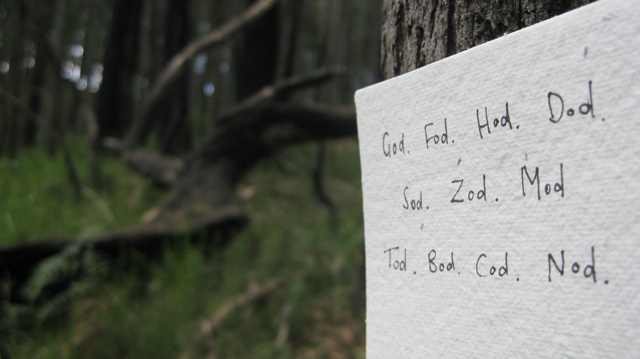
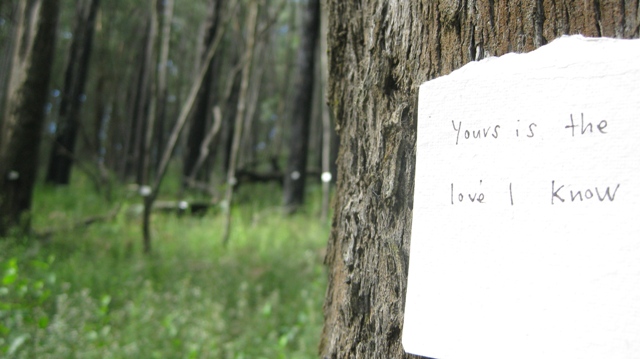
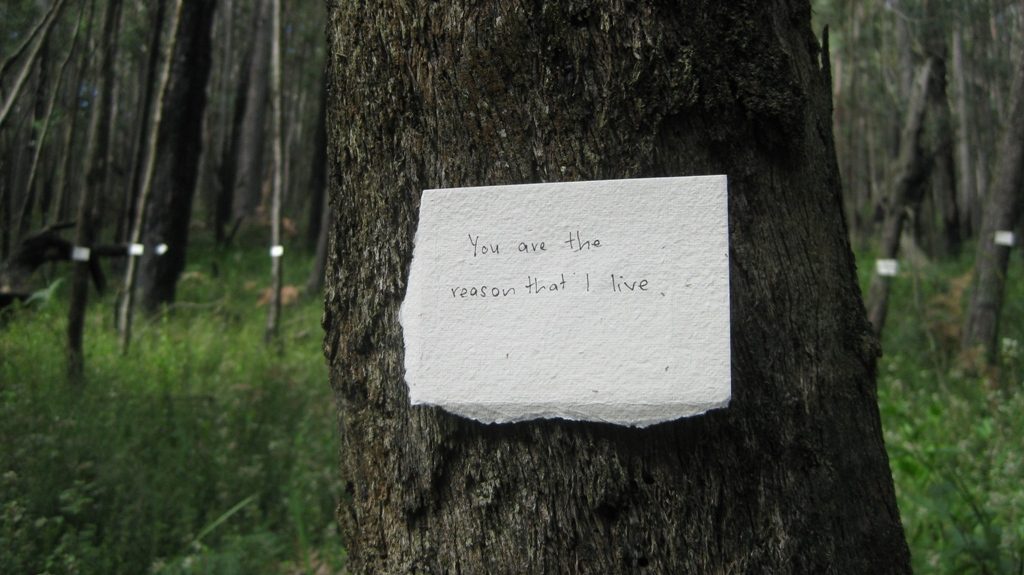
When calculated by the Gregorian calendar, George Washington was born on February 22, 1731. A federal holiday honoring Washington was originally implemented by an Act of Congress in 1879, though at the time the holiday applied only to government offices in Washington. In 1885, the act expanded to include all federal offices. Finally, in 1971, the celebration of Washington’s birthday was shifted to the third Monday in February.
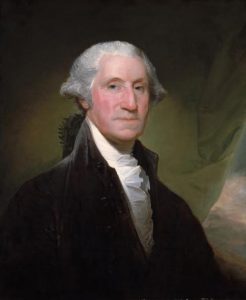 While serving as the Commander-in-Chief of the Continental Army during the American Revolutionary War, George Washington created the first military badge of merit for the common soldier. Revived on Washington’s 200th birthday in 1932, the Purple Heart medal (which bears Washington’s image) is awarded to soldiers who are injured in combat. As with Memorial Day and Veterans Day, Washington’s birthday subsequently offers an additional opportunity to honor our country’s veterans.
While serving as the Commander-in-Chief of the Continental Army during the American Revolutionary War, George Washington created the first military badge of merit for the common soldier. Revived on Washington’s 200th birthday in 1932, the Purple Heart medal (which bears Washington’s image) is awarded to soldiers who are injured in combat. As with Memorial Day and Veterans Day, Washington’s birthday subsequently offers an additional opportunity to honor our country’s veterans.
Although Lincoln’s birthday, February 12, was never a federal holiday, nearly half of the state governments have officially renamed their Washington’s Birthday observances as Presidents’ Day. However, the latter has never become the official national designation for the former in either government records or through Acts of Congress.
Within the country, some states recognize a variety of presidents on the holiday, but Washington’s Birthday (locally adopted as Presidents’ Day) was actually not intended as a day to honor the general office of the presidency – that idea arose from a newspaper article intended as a spoof during the Nixon era. Presidential records indicate that Nixon merely issued an Executive Order (11582) on 11 February 1971 defining the third Monday of February as a holiday. The announcement of that Executive Order identified the day as “Washington’s Birthday.”
Celebrated for his leadership in the founding of our nation, George Washington was the Electoral College’s unanimous choice to become the first President. He was seen as a unifying force for the new republic and set an example for future holders of the office.
Since 1862 there has been an oft-forgotten tradition in the United States Senate that George Washington’s Farewell Address should be read on his birthday. It is my hope that in our time, the leaders of our government – and all fellow citizens — might take time to review at least the following sampling of advice Washington proffered to his new nation, contained within his Farewell Address of 1796….
On his hopes for our national life –
[May heaven] continue to [give] you the choicest tokens of its beneficence; that your union and brotherly affection may be perpetual; that the free Constitution, which is the work of your hands, may be sacredly maintained; that its administration in every department may be stamped with wisdom and virtue; that, in time, the happiness of the people of these States, under the auspices of liberty, may be made complete by so careful a preservation and so prudent a use of this blessing as will acquire to them the glory of recommending it to the applause, the affection, and adoption of every nation which is yet a stranger to it.
On preserving our national unity –
While, then, every part of our country thus feels an immediate and particular interest in union…will avoid the necessity of those overgrown military establishments which, under any form of government, are inauspicious to liberty, and which are to be regarded as particularly hostile to republican liberty. In this sense it is that your union ought to be considered as a main prop of your liberty, and that the love of the one ought to endear to you the preservation of the other.
On the pitfalls of party politics —
…to put, in the place of the delegated will of the nation the will of a party, often a small but artful and enterprising minority of the community… are likely, in the course of time and things, to become potent engines, by which cunning, ambitious, and unprincipled men will be enabled to subvert the power of the people and to usurp for themselves the reins of government, destroying afterwards the very engines which have lifted them to unjust dominion.
The alternate domination of one faction over another, sharpened by the spirit of revenge, natural to party dissension, which in different ages and countries has perpetrated the most horrid enormities, is itself a frightful despotism. But this leads at length to a more formal and permanent despotism. The disorders and miseries which result gradually incline the minds of men to seek security and repose in the absolute power of an individual; and sooner or later the chief of some prevailing faction, more able or more fortunate than his competitors, turns this disposition to the purposes of his own elevation, on the ruins of public liberty.
Without looking forward to an extremity of this kind (which nevertheless ought not to be entirely out of sight), the common and continual mischiefs of the spirit of party are sufficient to make it the interest and duty of a wise people to discourage and restrain it.
It serves always to distract the public councils and enfeeble the public administration. It agitates the community with ill-founded jealousies and false alarms, kindles the animosity of one part against another, foments occasionally riot and insurrection. It opens the door to foreign influence and corruption, which finds a facilitated access to the government itself through the channels of party passions. Thus the policy and the will of one country are subjected to the policy and will of another.
On preserving the separation of governing powers —
It is important, likewise, that the habits of thinking in a free country should inspire caution in those entrusted with its administration, to confine themselves within their respective constitutional spheres, avoiding in the exercise of the powers of one department to encroach upon another. The spirit of encroachment tends to consolidate the powers of all the departments in one, and thus to create, whatever the form of government, a real despotism. A just estimate of that love of power, and proneness to abuse it, which predominates in the human heart, is sufficient to satisfy us of the truth of this position. The necessity of reciprocal checks in the exercise of political power, by dividing and distributing it into different depositaries, and constituting each the guardian of the public weal against invasions by the others, has been evinced by experiments ancient and modern; some of them in our country and under our own eyes. To preserve them must be as necessary as to institute them.
On truth in education —
…Promote then, as an object of primary importance, institutions for the general diffusion of knowledge. In proportion as the structure of a government gives force to public opinion, it is essential that public opinion should be enlightened.
On national debt –
As a very important source of strength and security, cherish public credit. One method of preserving it is to use it as sparingly as possible, avoiding occasions of expense by cultivating peace, but remembering also that timely disbursements to prepare for danger frequently prevent much greater disbursements to repel it, avoiding likewise the accumulation of debt, not only by shunning occasions of expense, but by vigorous exertion in time of peace to discharge the debts which unavoidable wars may have occasioned, not ungenerously throwing upon posterity the burden which we ourselves ought to bear.
On international relations –
The nation which indulges towards another a habitual hatred or a habitual fondness is in some degree a slave. It is a slave to its animosity or to its affection, either of which is sufficient to lead it astray from its duty and its interest.
On the undue influence of foreign powers –
Against the insidious wiles of foreign influence (I conjure you to believe me, fellow-citizens) the jealousy of a free people ought to be constantly awake, since history and experience prove that foreign influence is one of the most baneful foes of republican government…. Excessive partiality for one foreign nation and excessive dislike of another cause those whom they actuate to see danger only on one side, and serve to veil and even second the arts of influence on the other. Real patriots who may resist the intrigues of the favorite are liable to become suspected and odious, while its tools and dupes usurp the applause and confidence of the people, to surrender their interests.
In light of George Washington’s hard-won national liberty and hard-won personal wisdom, it is my prayer that the district that is home to our nation’s capital will take heed of the far sighted advice of our chief founder, for whom it is named.
In Christ’s Peace – Amen.
by Christine Sine
Like many of us, Tom and I have had our eyes glued to the TV watching the Winter Olympics over the last few days. I have rarely been impacted so much by a sports event. Maybe it is because it began as the season of Lent was getting underway. Maybe it was just that I needed something to relax me in this challenging season. Whatever it is, I have been impressed.
The commitment of these athletes, their endurance and stamina which comes through discipline and perseverance is incredible. For love of the game they are willing to endure incredible pain and suffering. Some performed with broken bones and massive bruises. Others had just recovered from major injuries they chose to ignore because of their desire to reach their goal and walk away with a gold medal.

CREDIT: DAVID J. PHILLIP/AP/REX/SHUTTERSTOCK
They are also willing to fail. I was fascinated to learn that the judges gave higher marks in many events to those who tried the most difficult jumps and fell than they did to those who chose simpler jumps. To try for the best even if you don’t make it is very important.
As I watched them I wondered: If athletes are willing to endure so much in order to compete for a medal in the Olympics, why is it so hard for me to persevere with my spiritual disciplines? Why don’t we, as followers of Christ have the same level of commitment?
Not surprisingly the scripture that comes to mind is Hebrews 12:1-3
Therefore, since we are surrounded by such a great cloud of witnesses, let us throw off everything that hinders and the sin that so easily entangles. And let us run with perseverance the race marked out for us, fixing our eyes on Jesus, the pioneer and perfecter of faith. For the joy set before him he endured the cross, scorning its shame, and sat down at the right hand of the throne of God. Consider him who endured such opposition from sinners, so that you will not grow weary and lose heart.
What I am challenged with today is to prayerfully consider what disciplines I must persevere with during this season of Lent that will enable me to reach my goal of a deeper and more loving relationship to God and God’s world. What setbacks and pain am I willing to endure because of my commitment to this goal?
We are indeed surrounded by a cloud of 2,000 years of persevering witnesses who have run incredibly disciplined races. The results of their commitment still enriches our lives today.
Will you with me commit to a disciplined life this Lent? Will you take on spiritual practices that make it possible for you to go for the gold as all the Olympic athletes have done?
As an Amazon Associate, I receive a small amount for purchases made through appropriate links.
Thank you for supporting Godspace in this way.
When referencing or quoting Godspace Light, please be sure to include the Author (Christine Sine unless otherwise noted), the Title of the article or resource, the Source link where appropriate, and ©Godspacelight.com. Thank you!



